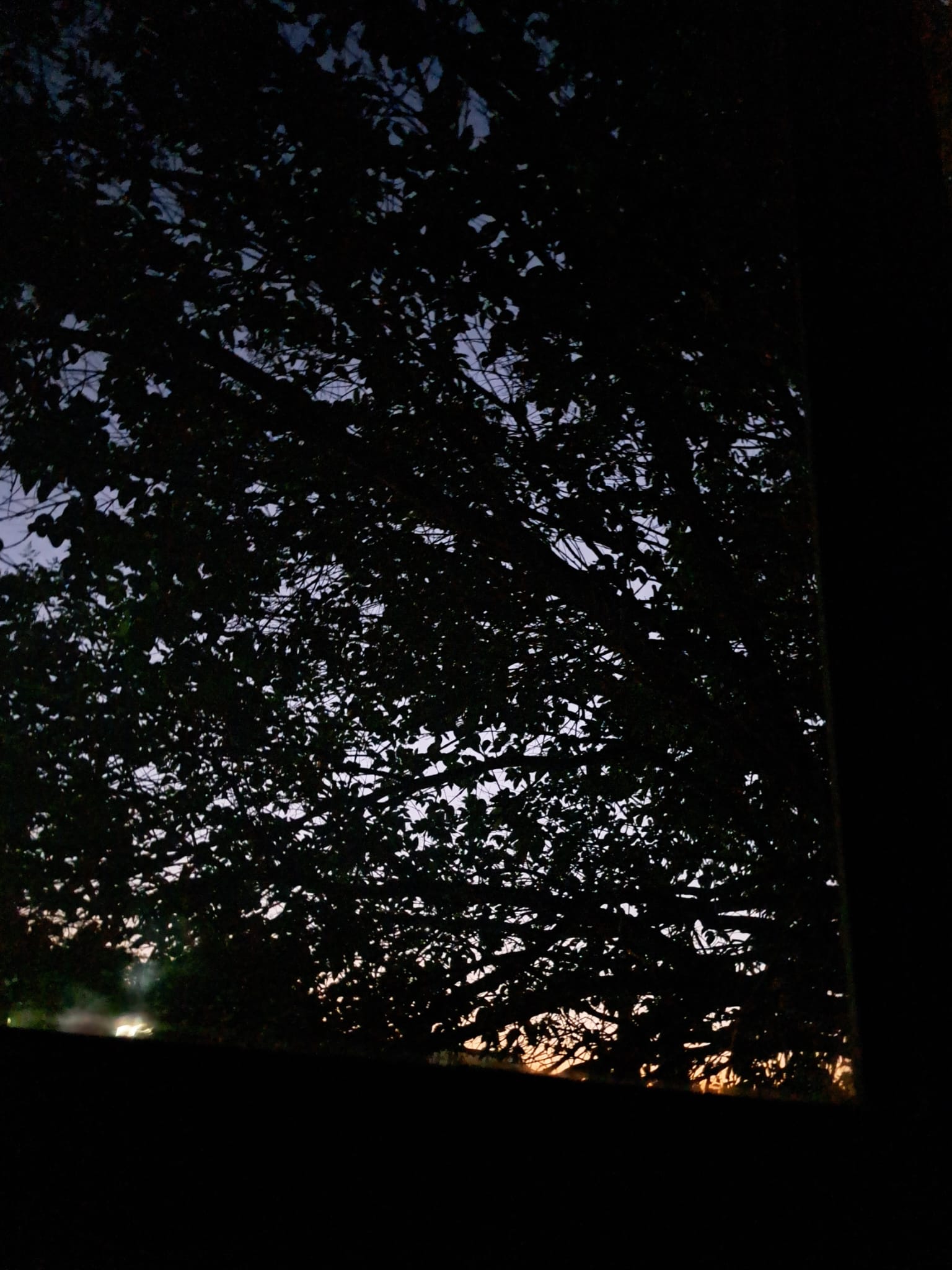by Corry Shores
[Search Blog Here. Index tabs are found at the bottom of the left column.]
[Terence Blake, entry directory]
[Terence Blake’s Translations and Commentary on Deleuze/Guattari, entry directory]
Terence Blake
LARUELLE’S BLINDSPOTS: Deleuze on style, heuristics, and the topography of thought
In this post Blake discusses Laurelle’s classification of Deleuze as a philosopher of difference, which Blake says applies to Difference and Repetition but not to books coming after it, beginning with Logic of Sense. Here are some of Blake’s translations from Logic of Sense and its related parts.
This sketchy analysis of the pivotal role of LOGIC OF SENSE in Deleuze’s path of research is borne out by his remarks in the “Author’s Note for the Italian Edition of Logic of Sense“, published in the collection of essays, Two Regimes of Madness. Deleuze explicitly draws attention to the change in style inaugurated with this book, and affirms that it is part and parcel of a more encompassing conceptual change:
“I like this Logic of Sense because for me it continues to mark a rupture: it was the first time I tried to search for a form other than that of traditional philosophy” (my translation).
[...]
In contrast, there is still too much of the “depths” in Laruelle’s movements. His concept of the “One-in-One” is vertically abyssal rather than superficial, and his determination in the last instance reinstates the verticality of a determination that plays with the surface of multiple causalities (overdetermination) only to collapse them all vertically in the “final” instance.
In LOGIC OF SENSE Deleuze breaks with this vertical axis:
Even if I myself was no longer satisfied with the history of philosophy, my book DIFFERENCE AND REPETITION still aspired to a sort of classical height and even to an archaic depth (my translation).
.










































No comments:
Post a Comment